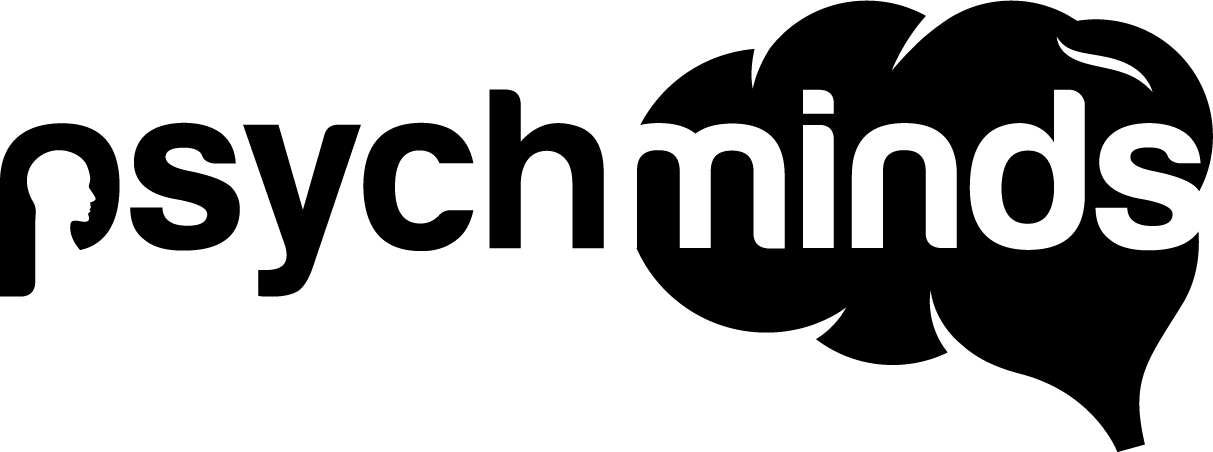How do we make decisions? Are we always in control of the decisions we make or are there other factors beyond our conscious awareness coming into play? Cognitive dissonance may operate on a conscious or sub-conscious level, altering our attitudes, beliefs or behaviours which may impact our decision making abilities.
Cognitive dissonance occurs when two conflicting thoughts are held simultaneously. This usually creates anxiety and feelings of discomfort. The aim of the brain is to reduce this sense of unease. Therefore, the brain may attempt to rationalise away irrational behaviours and thoughts. For example, an individual may find him/herself in a job they do not find enjoyable. The job, however, is safe and stable, generating a decent income. The individual may face anxiety regarding disliking the job yet staying in it in order to pay the bills. These are two conflicting states which the individual’s brain needs to resolve. Therefore, the individual may engage in self-talk, saying that the job is worthwhile and meaningful or that he/she is networking with a good crowd of people. It is emotionally and psychologically too difficult to admit that perhaps choosing the job was a mistake or that they are actually too afraid to apply for a different position within a different company. Therefore, the brain has to generate reasons as to why the person should stay in the unfulfilling job. The individual would also surround him/herself with others who support the view that the job is worthwhile. Therefore, this person’s cognitive dissonance, on the surface at least, is resolved.
Cognitive dissonance requires a great deal of self-persuasion and even repression since an individual has to repress at least one of the conflicting beliefs. The result of this process tends to be illogical and irrational decision making with a veneer of coherent reasoning. This can create deeper levels of anxiety since the conflict is not actually resolved. Cognitive dissonance is also important in preserving our self-concept. As long as we keep rationalising away our choices which are incompatible with our values and beliefs, we can still believe ourselves to be intelligent, rational human beings with effective decision making skills. For instance, if an individual thinks that they maintain a healthy lifestyle but smokes regularly, they may rationalise away the smoking behaviour by saying they don’t smoke that much or that they go to the gym every day so the occasional cigarette is OK. Therefore, this person has maintained their self-concept of being a healthy person, despite the fact that he/she smokes, by making excuses such as going to the gym. This reduces the anxiety that the two conflicting ideas present.
It is important to try to minimise the effects cognitive dissonance has on us or at least to realise when it is happening in order to make better, more informed decisions. Furthermore, the more important the decision, the more likely one is going to feel torn between alternatives. When making big decisions that could affect one’s life, it is important to understand one’s thinking process. Although it is tempting to decrease the discrepancy between attitudes and behaviours by making excuses, it is important to take a step back and understand the mental process that is occurring. In order to make more meaningful decisions in life that truly resonate with one’s self-concept it is time to stop rationalising away behaviours and start thinking rationally.
References
McLeod, S. A. (2014). Cognitive Dissonance. Retrieved from www.simplypsychology.org/cognitive-dissonance.html
TedxTalks. (Nov 24, 2010). TEDxCanberra – Ash Donaldson – Cognitive dissonance. Retrieved June 10th 2016, from https://www.youtube.com/watch?v=NqONzcNbzh8
Image Credit: erhui1979. (July 2 2019). Emotions and Decision Making: Five Steps to Improve Your Process. Getty Images. Retrieved April 16 2020, from https://blogs.cfainstitute.org/investor/2019/07/02/emotions-and-decision-making-five-steps-to-improve-your-process/
















